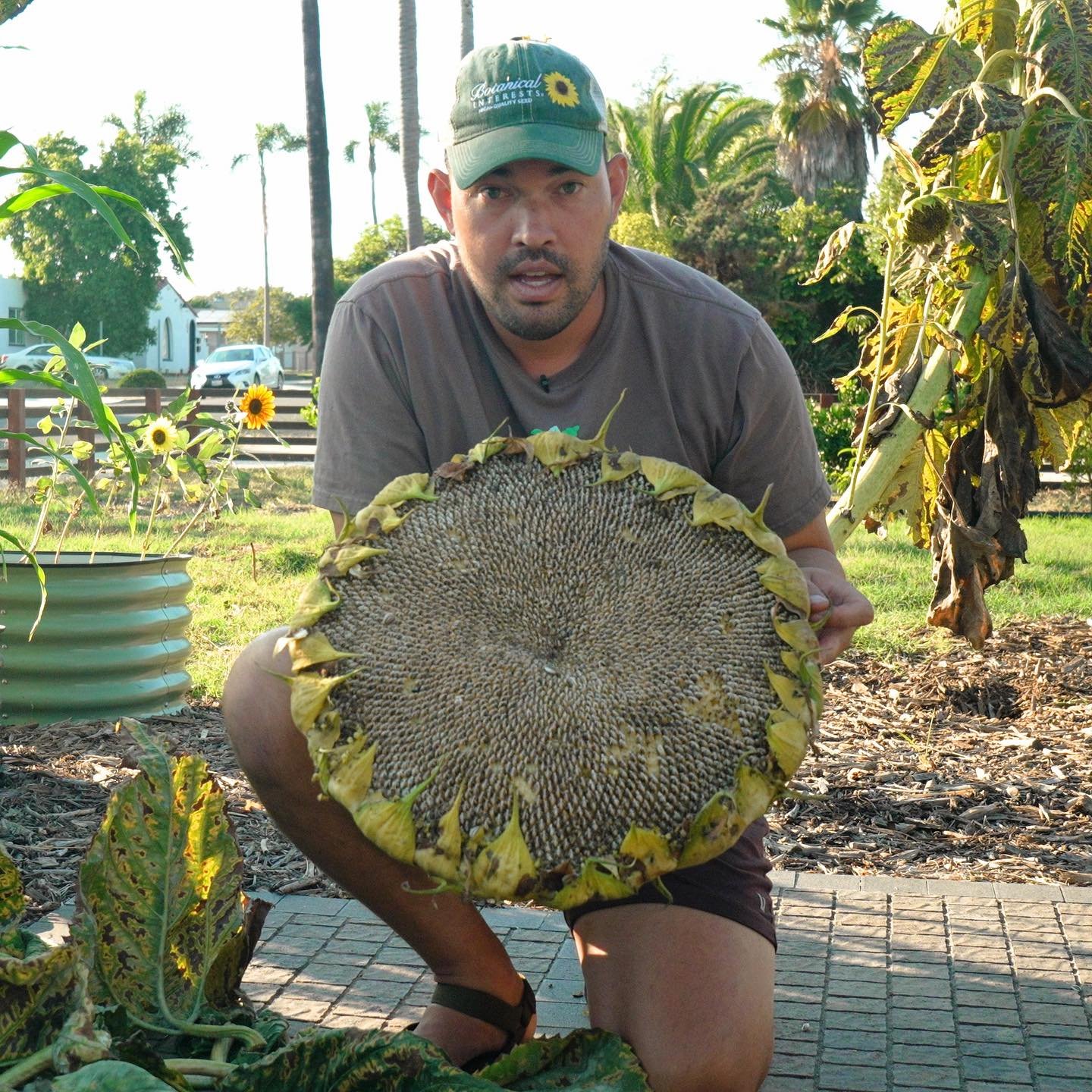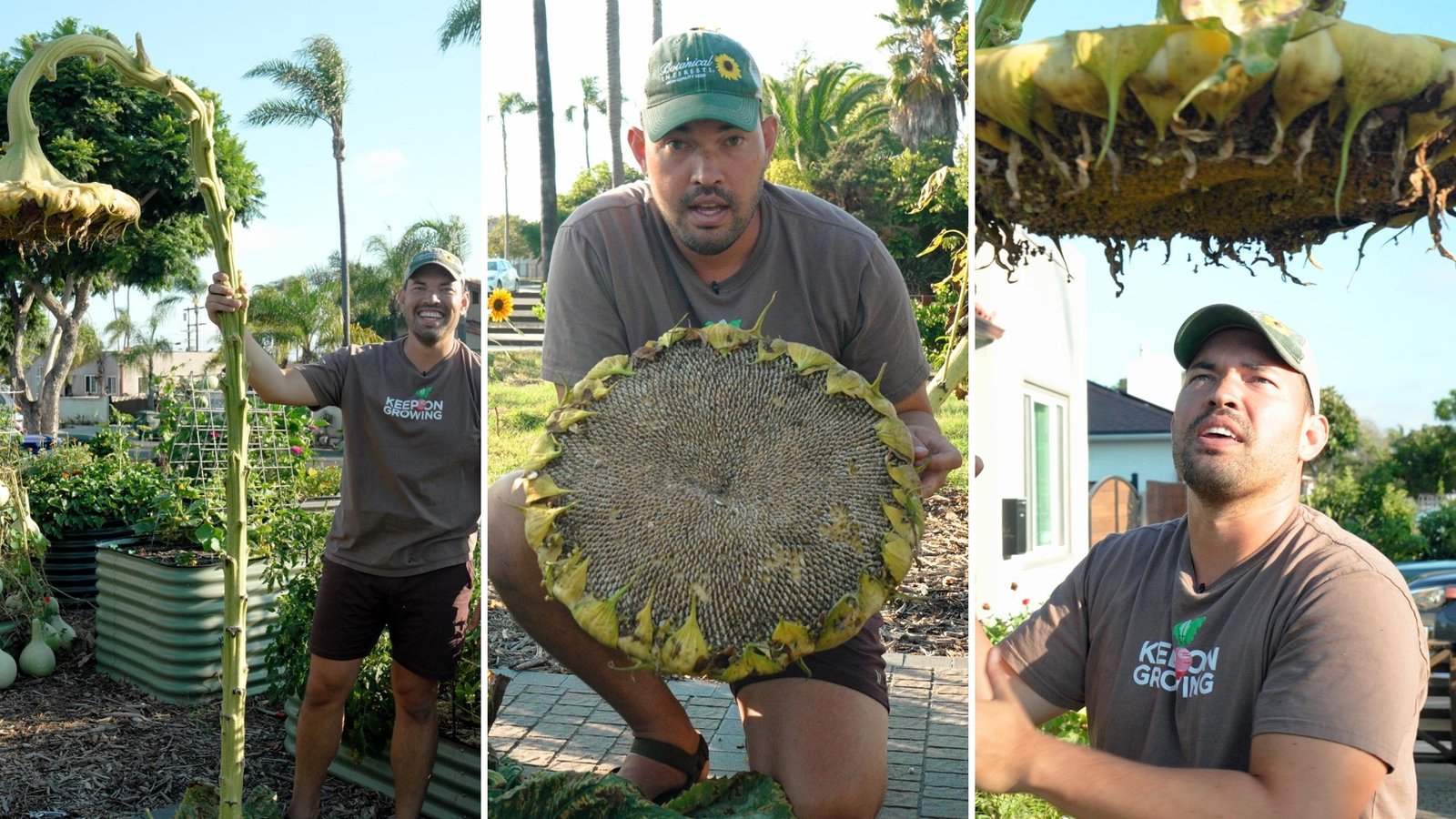Discover electroculture gardening: a sustainable technique using Earth’s energy for enhanced plant growth and yield. Learn setup tips and benefits.
Table of Contents
Introduction to Electroculture Gardening

Electroculture gardening is an innovative technique that utilizes copper coils and antennas to harness Earth’s natural atmospheric energy.
This method contrasts with electrostimulation, which relies on electricity from a power source to enhance plant growth.
Electroculture involves electrifying the plant, soil, or water, or creating a magnetic field around the crop, to boost growth.
Key Advantages of Electroculture

A standout feature of electroculture gardening is its independence from pesticides, manure, or fertilizers.
This environmentally friendly approach requires only natural elements like sunlight, clouds, rain, atmospheric nitrogen, and the capability to harness atmospheric energy.
Atmospheric antennas, made from wood, copper, zinc, and brass materials, can significantly amplify crop yields, combat adverse weather conditions, reduce irrigation needs, minimize pests, and enhance soil magnetism for long-term nutrient improvement.
Historical Background

Electroculture is not a new concept; it dates back to 1749 with pioneers like Abbe Nollet and Justin Christofleau in the 1920s and Viktor Schauberger in the 1940s.
It is based on tapping into the ever-present natural energies of Chi, Prana, Life Force, and Aether.
Setting Up an Electroculture Garden: A Guide for Beginners
To embark on electroculture gardening, one needs a few essentials:
Equipment Requirements
- A low-voltage electrical generator or solar panel system.
- Electrodes, typically copper or zinc, are placed in the soil or attached to plants.
- A controller to regulate the electrical current’s frequency and intensity.
Step-by-Step Setup Process
- Location Selection: Choose a sunlit area with electricity access.
- Soil Preparation: Ensure well-drained, organic-rich soil.
- Electrode Installation: Evenly distribute in the soil or attach to plants.
- Power Source Connection: Adhere to manufacturer guidelines for safe wiring.
- Controller Settings: Begin with low settings, gradually increasing as needed.
- Monitoring and Maintenance: Regularly check plants for stress signs and adjust settings accordingly.
Ideal Plants for Electroculture
Certain fruits and vegetables thrive particularly well with electroculture:
- Fruits: Tomatoes, strawberries, and peppers exhibit improved size, flavor, and nutrient content.
- Vegetables: Lettuce, cucumbers, and spinach grow faster and are more nutrient-dense.
Benefits of Electroculture Gardening
Electroculture offers numerous advantages:
- Increased crop yields in limited spaces.
- Enhanced plant health and disease resistance, reducing chemical pesticide usage.
- Environmentally friendly approach, minimizing water use and soil erosion.
- Accelerated plant growth and maturation for earlier harvesting.
- Improved flowering and fruiting.
- Strengthened plant immune systems, fostering organic gardening practices.
Appropriate Copper Wire for Electroculture
A 14- or 16-gauge copper wire is recommended for effective results, balancing durability and ease of installation.
Skepticism and Critique
Despite its potential benefits, electroculture faces skepticism.
Kevin, an Instagram gardening influencer (@epicgardening), argues that electroculture, while historically tested, hasn’t shown substantial proof of efficacy in plant growth or yield improvement.
He suggests cultivating a natural ecosystem for a healthier garden rather than using unproven methods like electroculture.
In summary, electroculture gardening presents a unique, environmentally friendly approach to plant cultivation, though it remains a subject of debate among gardening experts.






